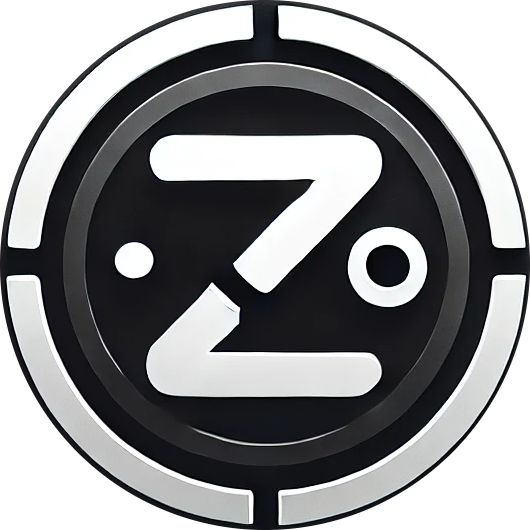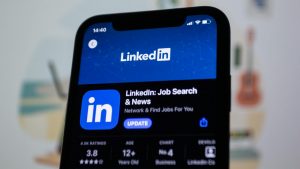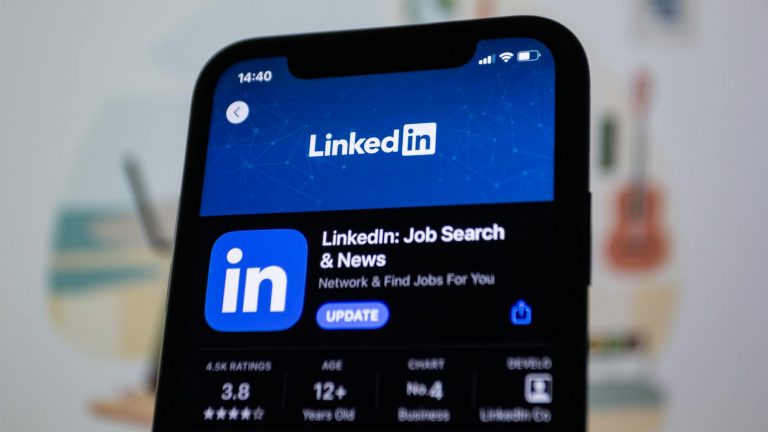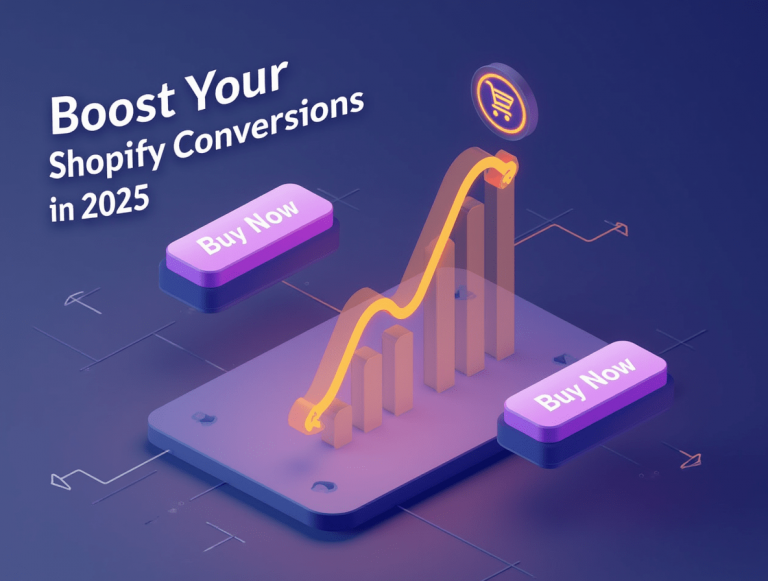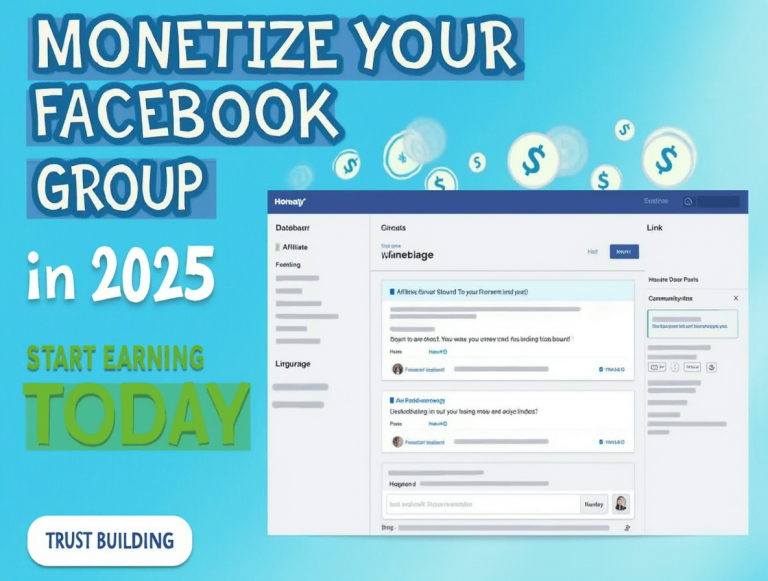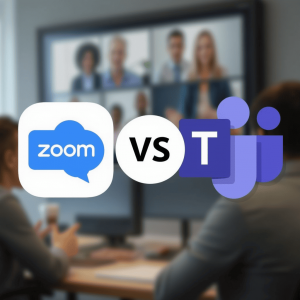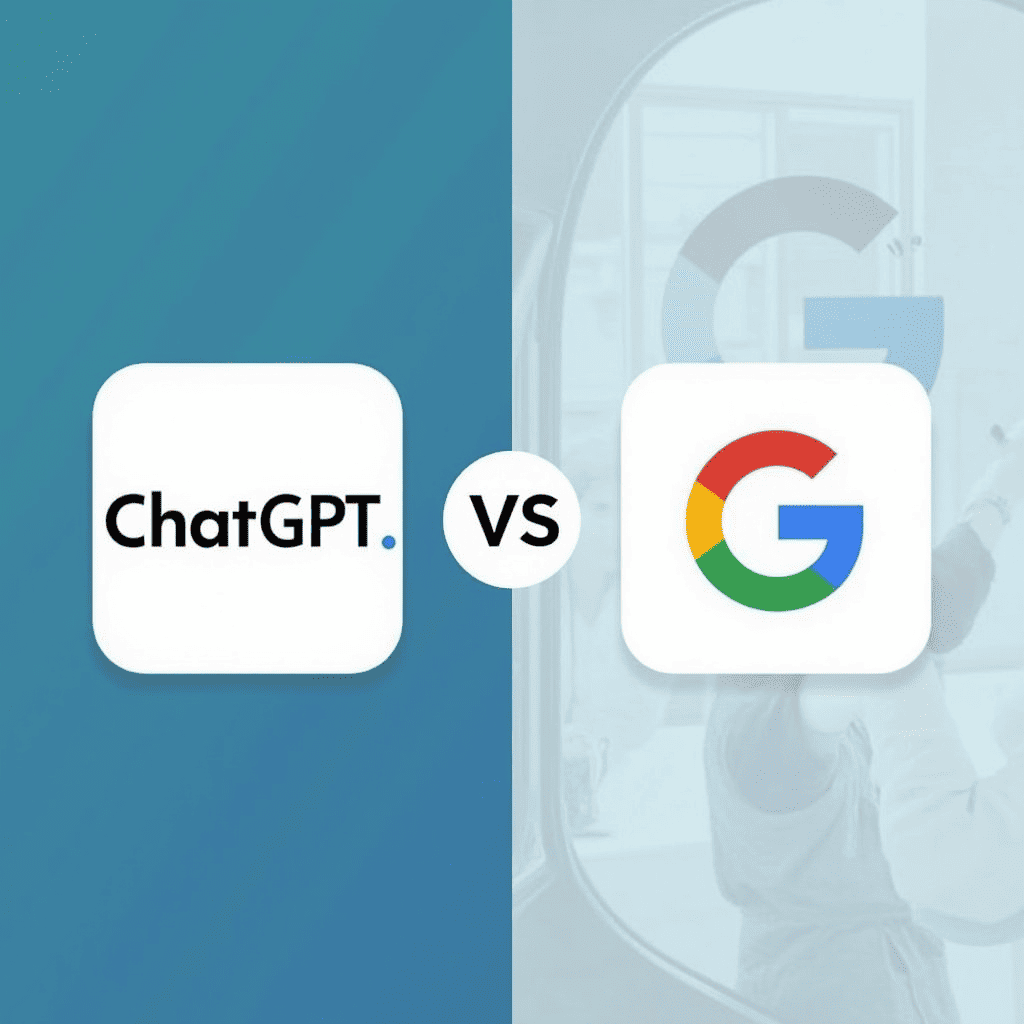
The race for AI assistant dominance has narrowed to two major contenders: OpenAI’s ChatGPT and Google’s Gemini. Both promise to revolutionize how we interact with technology, but significant differences exist beneath their similar interfaces. This comparison dives into their capabilities, performance, and practical applications to help you determine which AI assistant better suits your needs.
Core Capabilities Comparison
Language Understanding
chat.comChatGPT excels at nuanced conversations and complex text generation. Its foundation on the GPT (Generative Pre-trained Transformer) architecture gives it exceptional natural language understanding. The latest versions can maintain context over lengthy conversations and produce writing that closely mimics human quality.
Google Gemini approaches language differently, having been designed from the ground up to handle multimodal inputs. This means Gemini processes text alongside images and other data types as part of its fundamental architecture. When handling purely text-based tasks, Gemini demonstrates strong comprehension but occasionally prioritizes factual precision over conversational flow.
Multimodal Abilities
Google Gemini has a clear advantage in multimodal processing. It can analyze images, interpret charts, and work with visual information more seamlessly than ChatGPT. This integration isn’t just an add-on feature—it’s built into Gemini’s core design.
While ChatGPT has added image understanding through DALL-E integration, its approach feels more like separate systems working together rather than a truly unified multimodal model. For tasks involving both text and visual analysis, Gemini typically provides more coherent responses.
Knowledge and Information Access
Data Recency
Google Gemini benefits from integration with Google Search, giving it access to more recent information. This connection allows Gemini to pull real-time data when needed, though it still relies primarily on its training data for most responses.
ChatGPT’s knowledge cutoff remains a limitation, though subscription tiers offer web browsing capabilities to mitigate this issue. For time-sensitive questions or current events, Gemini generally provides more up-to-date information.
Factual Accuracy
Both assistants can produce incorrect information, but their error patterns differ. ChatGPT occasionally generates “hallucinations”—confidently stated but fabricated facts—particularly when asked about obscure topics.
Gemini tends toward caution, more frequently declining to answer when uncertain. Google’s emphasis on search quality appears to influence Gemini’s approach to factual information, making it somewhat more reliable for fact-checking but potentially less helpful for creative or speculative topics.
Practical Applications
Programming Assistance
ChatGPT has earned significant popularity among developers for code generation and debugging. It handles a wide range of programming languages and can explain code logic clearly. Its ability to understand programming concepts and implement them correctly makes it particularly valuable for software development tasks.
Gemini shows promise in this area as well, especially with its deeper integration into Google’s ecosystem. Developers who regularly use Google’s developer tools may find Gemini’s assistance more contextually relevant, though ChatGPT currently offers more consistent coding support across various languages.
Creative Tasks
For creative writing, storytelling, and content generation, ChatGPT maintains a slight edge. Its training has emphasized creative applications, resulting in more engaging narratives and versatile writing styles.
Gemini performs adequately in creative tasks but sometimes produces more formulaic results. Where it shines is in creative tasks that involve visual elements, such as describing image content or generating ideas based on visual prompts.
Accessibility and Integration
Platform Availability
ChatGPT offers broader accessibility through its web interface, mobile apps, and API integrations. OpenAI has established a substantial ecosystem around its technology, making ChatGPT available across numerous platforms and services.
Google Gemini is deeply embedded within Google’s product suite, appearing in search results, Gmail, and other Google applications. This integration provides convenience for existing Google users but potentially limits access for those outside the Google ecosystem.
Cost and Subscription Models
Both AI assistants offer free tiers with limited capabilities and premium subscriptions with enhanced features:
- ChatGPT provides basic functionality for free, with ChatGPT Plus ($20/month) offering priority access, faster response times, and access to GPT-4’s capabilities.
- Google Gemini offers free access with basic features, while Gemini Advanced (part of the Google One AI Premium plan at $19.99/month) provides enhanced capabilities and integration with Google’s productivity suite.
The subscription costs are comparable, making the decision more about which features and ecosystem you prefer rather than price point.
Privacy and Data Usage
Privacy considerations differ significantly between these AI assistants. OpenAI has faced scrutiny over its data collection practices, though it has implemented opt-out options for training data and improved its transparency.
Google’s long-established data policies govern Gemini, which integrates with your Google account and potentially shares data across Google services. For users already committed to the Google ecosystem, this integration may feel seamless, while others might have concerns about data consolidation.
Both companies allow users to delete their conversation history, though the retention of anonymized data for model improvement varies between the services.
Conclusion: Which Assistant Wins?
The “most powerful” AI assistant depends entirely on your specific needs:
Choose ChatGPT if you:
- Need advanced creative writing and content generation
- Regularly use code generation and programming assistance
- Prefer a more conversation-oriented interface
- Want access to a growing ecosystem of third-party plugins and integrations
Choose Google Gemini if you:
- Frequently work with visual and multimodal content
- Value integration with Google’s productivity suite
- Need more up-to-date information access
- Prefer an assistant that’s more cautious about factual claims
Rather than declaring an absolute winner, consider which assistant better aligns with your primary use cases. Many power users maintain access to both, leveraging ChatGPT’s creative and programming strengths alongside Gemini’s visual processing and Google integration.
As these AI assistants continue evolving rapidly, the competitive landscape will likely shift. For now, the most powerful choice is the one that best supports your specific workflow and requirements.
